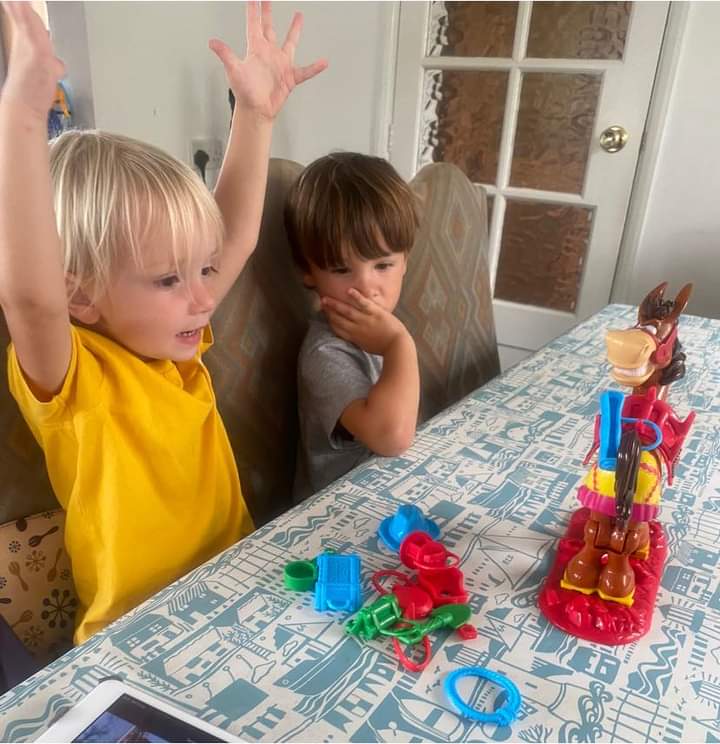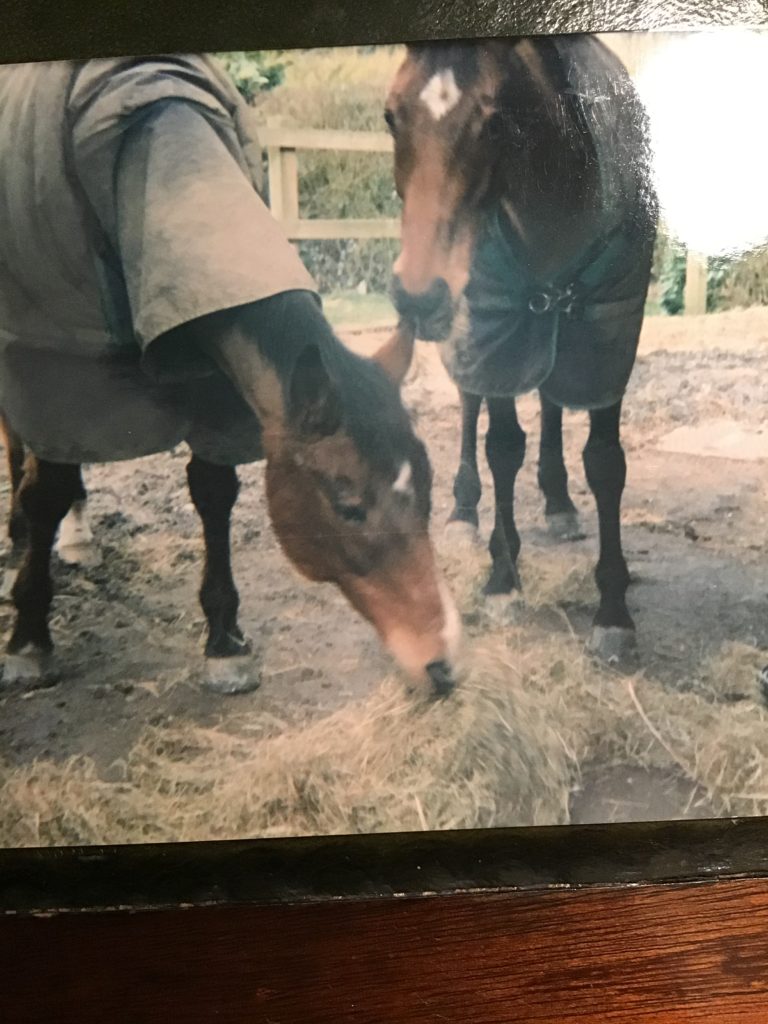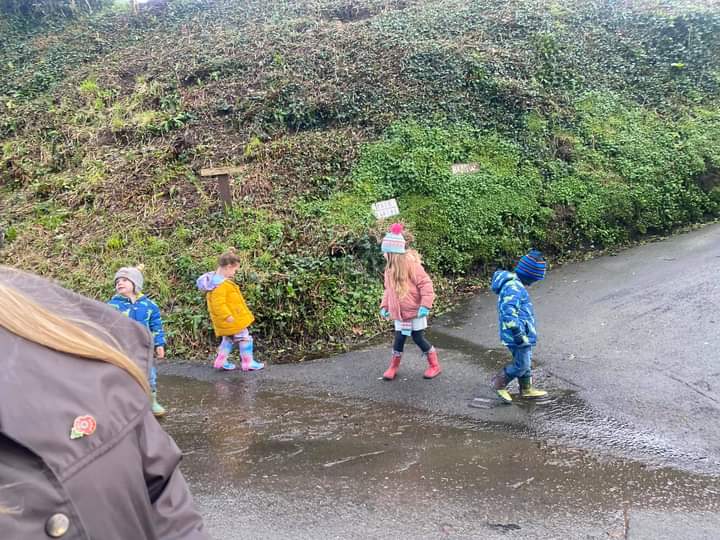My experiences as a parent, grandparent and resisted child minder have taught me that some children don’t deal with not winning very well:-
These are my tips for dealing with this issue:
Start from a young age; getting children to play board games with siblings and other family members is a good way of introducing the concept that they can’t always win.

Don’t let children win deliberately, just because they are young
Reasons why here
Set a good example, by being a good looser yourself.

It may be of little comfort, but explain that they could win next time.

Some schools have made sport’s day non- competitive so that children don’t get upset when they don’t win , but my feelings are that not always winning is a life lesson that we all need to learn an understand.
When I was a registered child minder I looked after a child who always wanted to be first at everything. I dealt with this with some basic behaviour management here
I am actually in the process of writing a children’s book on this topic based on the true story of a race horse that I used to ride ( so keep an eye out for this in the coming months!.

Please share your own experiences with me.

As always questions and comments are welcome.
Until next time.
Karen
x
Linked with

Discover more from The Next Best Thing To Mummy
Subscribe to get the latest posts sent to your email.
I can remember playing board games at a fiends house at xmas when thier child was always allowed to win . I find this pretty bad as like you’ve said children should be set an example by thier parents and realize that you except that you don’t always win in life. Children learn from the behavior of thier family in all walks of life. Another interesting blog Karen .
Thanks for sharing with me, Pearl
So true! I always found it bizarre in modern children’s parties when in pass the parcel, every child has to open a layer. It was much more fun to play when there was 1 ultimate winner, and it really helped the others learn that you are not expected to “win” every game. Playing lots of board games and practicing turn taking are all really important. Thanks for sharing. #Mischiefandmemories
That’s a great example of the point I am making, thanks for sharing
I completely agree with what you say about non-competitive sports days possibly being nonconstructive. I think it’s a valuable skill to know how to lose. We often play games as a family purely to help our daughter be comfortable with losing.
Katrina x
#MischiefAndMemories
That’s a great idea, thanks for sharing, Katrina
I do all of these but my son is still a nightmare with losing games – he goes crazy! Hoping he will just grow out of it eventually! #mischiefandmemories
Hopefully he will do just that, Hannah, thanks for stopping y
Being a good loser is a crucial skill for children to develop but no one really likes not winning! Thanks for linking up with #mischiefandmemories
Thanks, Laura for having me a part of the linky
Some very good points here – I have a six year old who always likes to win! #mischiefandmemories
Thanks, I do my best
My girls are 5 and are just starting to become less dramatic about losing, but sometimes our 9 year old still gets annoyed #MischiefsandMemories
Thanks for sharing this
It can be so difficult when they are super competitive. We have this too where winning seems to be the be all and end all for particular games. I agree that whilst it’s great to take the edge off being competitive at school, it’s far better to allow little ones the time to get to grips with the fact that they can’t always win, in a supportive environment. Thank you for joining us for #MischiefAndMemories
It’s great to hear that you agree with my thoughts, Annette